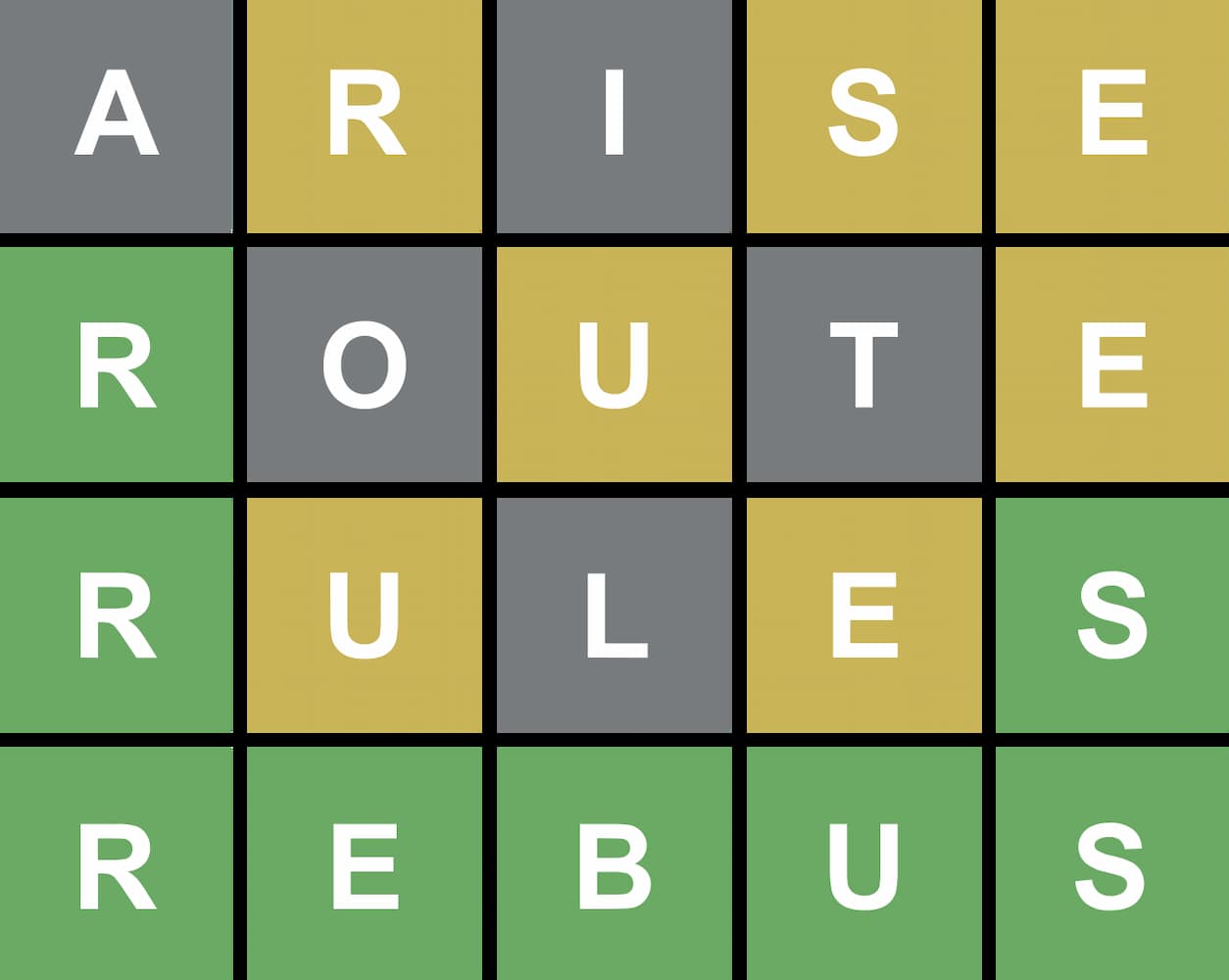
Puzzles are games that require thought and often involve trying to solve a problem. They can be beneficial for mental health in many ways. For example, puzzles can help improve cognitive skills and memory recall ability. Puzzles have also been shown to help with conditions such as dementia or Alzheimer's disease. Additionally, puzzles can provide a sense of calm and relaxation, making them fun activities you can do on your own or with family and friends.
Benefits of Puzzles
Solving or building puzzles is a great boredom buster. It's no surprise that many people are addicted to Wordle these days. Guessing one word each day is enough to cultivate not only your language skills but also your analytical skills that will help you cope better with whatever life throws at you. Plus, it stimulates feelings of excitement as you look forward to playing it again the next day. Unlike video games that you can play nonstop, Wordle limits your guessing ability to one word per day, encouraging your mind to think and positively speculate on what the next day's word could be.
And, while some people turn to colouring books when things turn drab, others work on 2,000-piece jigsaw puzzles!
Puzzles, however, are more than just enjoyable activities to pass the time. It has many benefits for mental and physical health. For one, it provides stress relief in ways that other leisure activities, such as watching TV or using social media, cannot. Moreover, it improves your visual perception as well as your hand-eye coordination. When you work on a puzzle, your mind and body benefit from the following:
- Lower heart rate
- Improved language skills
- Better social skills (when playing a game with others)
- Mental clarity
- Increased creativity
- Better mood
- Increased self-confidence
- Better problem-solving skills
Puzzles have also been shown to improve people's emotional skills, leading to feelings of satisfaction not only during games but also in everyday life.
Source: WealthWords
Improving Problem-solving Skills With Puzzles
Difficult puzzles that require time and effort to complete foster a sense of accomplishment that boosts self-esteem. Even figuring out one long, unusual word in a crossword puzzle should make you proud. Don't worry if you don't know the three or four-letter words. While completing the task, you learn to remain calm, focused and patient, which are key components of nurturing a sound mind, body and spirit.
The positive effects of puzzles aid in emotional development and regulation, which is important in life because things don't always go as planned. There are times when you find yourself in a difficult situation. The level of stress you experience will be determined by how you handle it. Allowing the situation to overpower you raises your stress level, which inadvertently leads to a slew of health problems such as depression, anxiety, high blood pressure, heart disease or a sense of hopelessness.
Board games that challenge your thinking abilities are an excellent way to hone and practise effective problem-solving skills. Unlike other games, the outcome of a puzzle is determined by strategy rather than luck, and the same can be said of life.
Different Types of Puzzles to Get Started With
There are many different types of puzzles that can be beneficial for children and adults seeking to improve their mental health. Crossword puzzles, Sudoku, and other logic puzzles have all been shown to provide cognitive benefits such as improved memory recall and focus.

For adults with conditions like dementia, Alzheimer's disease or bipolar disorder, puzzles can help to slow the progression of the condition and improve quality of life. Jigsaw puzzles and other visual puzzles have also been shown to provide a therapeutic role in providing a sense of calm and relaxation. The following types of puzzles and their benefits might interest you:
- Jigsaw puzzles - these are great for improving hand-eye coordination and spatial awareness
- Crosswords - these puzzles help improve vocabulary and grammar skills
- Logic puzzles - these puzzles are perfect for boosting mental agility and reasoning skills
If you want to try puzzles instead of traditional therapy to treat a mental health condition or simply improve your cognitive abilities, you can find a variety of puzzles that interest you and give them a try. Your counsellor or psychotherapist can also assist you in selecting the most appropriate, not to mention entertaining, puzzle game.









